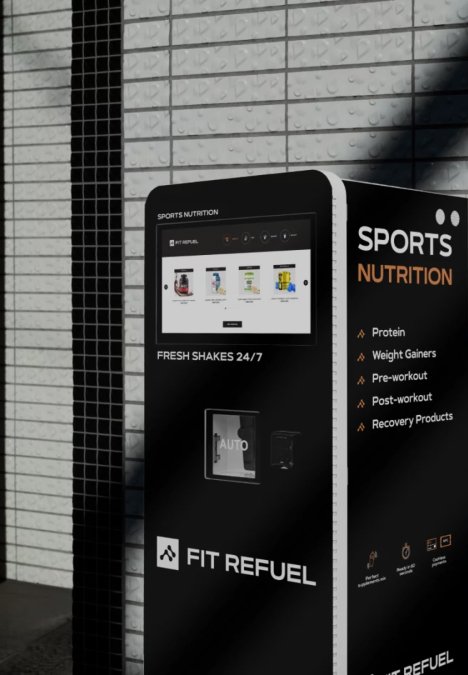
Sports nutrition plays a crucial role in an athlete's ability to perform at their best. Whether you're a professional athlete or a weekend warrior, what you eat and drink can significantly impact your training, endurance, and recovery. In the Canadian sports landscape, athletes face unique challenges due to the country’s diverse climate and the seasonal nature of many sports. Here are some tips on how Canadian athletes can optimize their sports nutrition for peak performance.
- Sports nutrition plays a crucial role in an athlete’s ability to perform at their best. Whether you’re a professional athlete or a weekend warrior, what you eat and drink can significantly impact your training, endurance, and recovery. In the Canadian sports landscape, athletes face unique challenges due to the country’s diverse climate and the seasonal nature of many sports. Here are some tips on how Canadian athletes can optimize their sports nutrition for peak performance.
1. Fueling for Cold Weather Sports
Canada’s cold winters mean that many athletes participate in activities like skiing, snowboarding, and ice hockey. For these sports, it’s crucial to maintain energy levels in cold environments, where the body burns more calories to stay warm. Carbohydrate-rich meals, such as whole grains, fruits, and root vegetables, are essential for fueling endurance. Hydration is also critical, as cold weather can often mask feelings of thirst, leading to dehydration.
2. Pre-Workout Nutrition
For Canadian athletes, pre-workout nutrition can make or break a training session or competition. The goal of pre-workout meals is to provide enough energy to perform while ensuring digestion is smooth. Aim for a balance of carbohydrates and proteins, such as oatmeal with berries and a spoonful of nut butter, or a banana with a protein shake. Timing is also important—consuming your pre-workout meal 1-2 hours before exercise ensures the nutrients are available when you need them most.
3. Post-Workout Recovery
Recovery is just as important as preparation, especially for athletes who train multiple times a week. Within 30-60 minutes after training, Canadian athletes should focus on refueling with a combination of protein and carbohydrates. This helps repair muscle tissue and replenish glycogen stores. A balanced meal such as grilled chicken with quinoa and roasted vegetables, or a protein smoothie with Greek yogurt and berries, can promote optimal recovery.
4. Supplements: Do You Need Them?
The Canadian market offers a wide range of sports nutrition supplements, but athletes should be selective about what they use. Protein powders, creatine, and branched-chain amino acids (BCAAs) are popular for muscle repair and recovery, while electrolytes are critical for hydration during prolonged exercise. However, it’s important to remember that supplements should complement, not replace, a well-balanced diet. Consult with a nutritionist or sports dietitian to determine what is right for your individual needs.
5. Hydration in Different Climates
From humid summers to freezing winters, Canadian athletes face diverse weather conditions that can affect hydration needs. In the summer, athletes should focus on replacing lost fluids and electrolytes with water, sports drinks, or hydration powders that contain sodium and potassium. In winter, the dry air and indoor heating can lead to dehydration, even when exercising indoors. Ensure you’re drinking fluids regularly, even if you don’t feel thirsty.
6. Mindful Nutrition for Travel and Competition
Many Canadian athletes travel for competitions, whether it’s for national tournaments or international events. During travel, it’s important to stay mindful of your nutrition. Plan ahead by packing healthy snacks such as nuts, protein bars, and fruit. Stay hydrated, avoid excessive caffeine or sugary drinks, and eat balanced meals to ensure your performance isn’t compromised by poor nutrition choices on the road.
Conclusion
Canadian athletes can enhance their performance by paying close attention to their sports nutrition. Whether it’s fueling up for cold-weather sports, ensuring proper recovery after a workout, or navigating hydration in different climates, the right nutrition strategy is key to success. By focusing on whole foods, hydration, and strategic supplementation, athletes in Canada can optimize their training and reach their peak performance.
 ] Previous post
] Previous post

